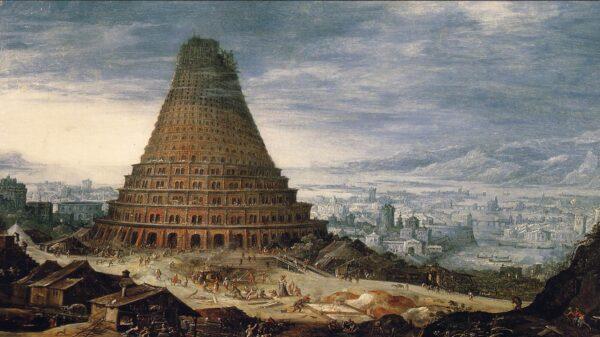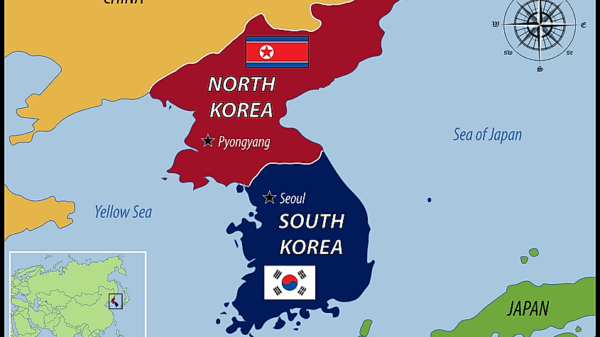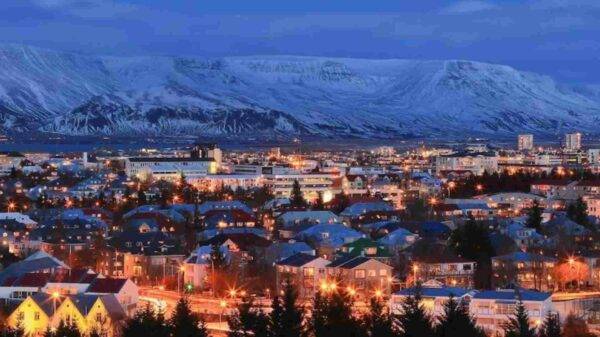It’s no secret that the world is plagued by scammers. Most of us are inconvenienced by their attempts weekly. We receive emails, texts, and calls from people pretending to be someone that they’re not. From false bank account alerts to a message saying that a package that we didn’t order has been delayed, scams come in many forms. Some are simple, but others can be highly complex.
While falling victim to a scam can lead to severe financial hardship for individuals, the fallout from complex schemes can cause widespread destruction. Such was the case for the people of Albania 26 years ago. In the late 1990s, Albania experienced one of the most devastating financial crises in modern history. It was caused by pyramid schemes that promised a high rate of return on investments.
Two-thirds of the entire country invested, but ultimately the schemes collapsed as they always do. The result was catastrophic: the life savings of many Albanians were gone, and this spiraled into an angry population, a civil war, and then the death of thousands. It’s a wild and sad story.
The Mechanics of Pyramid Schemes
To understand how a pyramid scheme could collapse a nation, it’s best to start by understanding how they generally work. Pyramid schemes are illegal investment operations that promise higher returns but are designed to cause significant financial loss for those who fall victim to them.
A small group or individual offers a product or service, which they claim can generate higher returns on investment. In reality, the product or service is often substandard or doesn’t even exist at all. They rely on recruiting new investors to pay earlier investors, forming a pyramid shape. At first, it works. The new investors get paid, but not from the returns of the service, but from the money paid by new members.

Although, as the scheme grows, it becomes exponentially harder to pay everyone back. Eventually, the scheme collapses, and this leaves the lower-tier investors with significant financial losses and no hope of recovering their investments. Meanwhile, those who invested early and managed to sell in time stand to make a large profit.
Sadly, these schemes are all too common, and people fall victim to them daily. Sometimes they lose a little, sometimes they lose their homes and life savings. But on this occasion, an entire nation lost everything.
Albania’s Journey from Communism to Capitalism
In the wake of World War II, Albania fell under the control of dictator Enver Halil Hoxha, and this sparked four decades of communism in the nation. The Albania he ruled was one of widespread poverty and ruin, scarred by the wounds of war.
Hoxha, an authoritarian leader, set out to rebuild the country by any means necessary. In the early stages of his rule, his government outlawed traveling abroad, private property ownership, and the practice of religion. Clerics, landowners, and peasants who resisted his rule were imprisoned, exiled, or even executed. But despite his authoritarian ways, the country did improve in some aspects.

Increased infrastructure investment led to improved transport and facilities, and the country slowly recovered and began experiencing economic growth, increased industrialization, and urbanization. However, even as economic factors slowly improved over the following decades, the heavy authoritarian hand of Hoxha continued to be felt. That was until 1985 when the long-reigning dictator finally died.
By the late 1980s, people had begun speaking out. Many citizens, particularly students, had become highly politically active and started to push back against the communist, anti-religious state that had ruled over them. Thankfully for the people of Albania, the successor to Hoxha, Ramiz Alia, was a much more gentle leader. Following widespread protest, campaigning, and eventually a full-fledged revolution in 1989, Albania was on the path to electing a political party chosen by the people. In 1992, Albania’s Democratic Party was in power.
Following decades of communist dictatorship, Albania began to transition into a capitalist country. It was a gradual process. The new government began to implement economic reforms, including privatizing state-owned enterprises and liberalizing trade. These reforms were designed to attract foreign investment and promote economic growth. This did lead to the emergence of a small, fledgling private sector. However, the transition wasn’t easy. Albania had been isolated from the rest of the world for many years. Infrastructure and external investment were lacking, resulting in a weak economy, and the government struggled to deal with corruption and the emergence of organized crime. But something much more devastating was coming.
The Albanian Pyramid Scheme Crisis
Under democratic capitalism, Albania was really struggling to find its footing. It was the poorest nation in Europe, and after decades of being under the boot of dictatorship, its citizens were desperately seeking to climb up the socio-economic ladder. At the time, Albania didn’t have many banking and investment opportunities, and because of this, there was little financial regulation to be found. This would play a huge part in the disaster. Moreover, these people were very poor, uneducated, and desperate. Most importantly, they had little to no experience with the capitalist market. And this all left the people of Albania sitting ducks for predatory investment pyramid schemes.
The pyramid schemes did arrive, operated by various companies, many of which were not registered with the government and were owned and operated illegally. The mafia, predatory foreign investors, and those who held influential positions under the communist system all saw the opportunity to take advantage. The investment proposals from these companies promised extremely high returns, some up to 50 percent per month. Of course, if you’re financially illiterate, this is ridiculous. But to the people of Albania, it was an opportunity of a lifetime. The people of Albania hadn’t experienced capitalism before, so they probably just thought this is the way that people in capitalist nations invest and get rich.
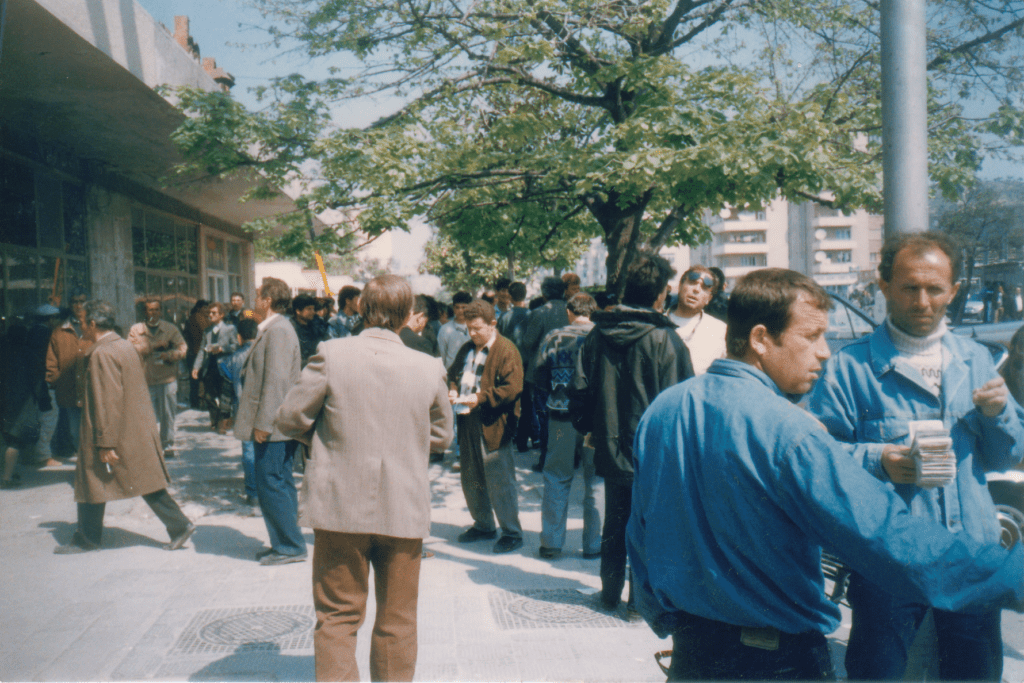
(Photo Credit: Robert Nagle, Vlore, Money Lenders, 1997)
While all of this was going on, the government not only turned a blind eye but openly and actively supported these pyramid schemes. And this only served to increase their appeal. Government-backed with a 50 percent return per month, sign me up! The schemes quickly gained popularity, and many Albanians invested their life savings. 25 firms held the majority of Albania’s creditors. Of those 25, VEFA was the largest firm. They had 60,000 investors, and all of these investors believed that their money would grow at rates far exceeding what the banks could offer.
The thing was, VEFA was actually a legitimate company. They had a chain of supermarkets and petrol stations, and their brand was on everyday goods, so they were somewhat of a trusted brand. The Ponzi scheme, however, claimed to invest in industries such as hotels, stores, and factories. But of course, the returns that they promised were completely fake.
The internet hadn’t quite arrived in Albania yet, so it’s not like they could just go online and really research the company they were investing in. The people of Albania sold their assets—their homes, their land—all to claim a stake in what they understood to be a safe bet, a life-changing bet.
By 1996, two-thirds of the entire population had invested an estimated $1.2 billion in these schemes, and this was 10% of the nation’s GDP. You have to know that the average monthly income of the nation was eighty dollars per month.
The Collapse and its Catastrophic Impact
The once-thriving pyramid schemes in Albania relied heavily on attracting new investors to sustain the returns promised to existing investors. However, it soon became evident that this model was unsustainable. By the end of 1996, the pyramid schemes had reached their breaking points, with VEFA, a major player in the industry, collapsing and setting off a wave of panic among investors.
VEFA’s collapse acted as a catalyst, triggering panic among investors who rushed to withdraw their funds. Subsequently, other major firms collapsed, leading to an overwhelming loss for many Albanians who had invested their life savings. Understandably, anger and frustration permeated the nation, and a period of social unrest ensued.
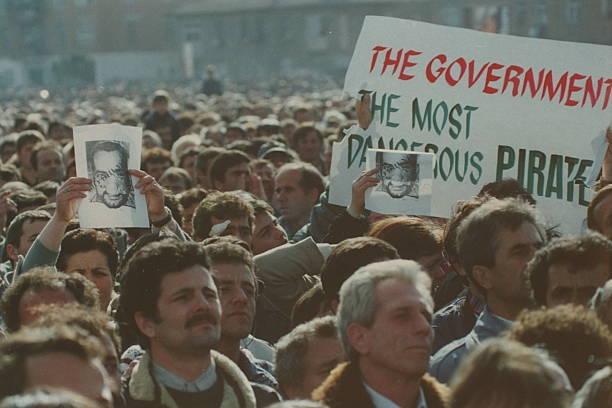
The collapse of the pyramid schemes had far-reaching consequences for Albania’s economy. The country was thrown into chaos as citizens, having invested their material possessions into the schemes, found themselves with nothing left. The loss of trust in financial institutions and widespread poverty further exacerbated the situation.
Across the nation, social unrest, riots, and protests erupted, with thousands taking to the streets in populated centers. Initially, the protests were peaceful, driven by the desire for reimbursement. However, in February 1997, government forces responded with gunfire, escalating the situation and sparking a civil war.
As the civil war unfolded, Prime Minister Alexander Mexi resigned, and a state of emergency was declared by President Sally Barisha. The appointment of a new prime minister by the Socialist Party did little to appease the people. The government’s loss of control was evident as police and National Guards fled, leaving armories vulnerable to looting by militias and criminal gangs.
With access to looted weapons, armed gangs and citizens engaged in violent clashes, causing widespread destruction and loss of life. The chaos escalated into a full-scale rebellion, resulting in the tragic loss of approximately two thousand lives during the month-long civil war.
Read More – The Rise and Fall of Charles Ponzi: A Cautionary Tale for Investors Everywhere
International Intervention and Restoration of Order
The dire situation in Albania garnered global attention, prompting the United Nations Security Council to dispatch seven thousand troops to restore order and oversee relief efforts. Surrounding nations also formed a peacekeeping force to assist. By late July, peace had been restored, thanks to the combined efforts of international organizations and neighboring countries.
In the aftermath of the conflict, Albania faced numerous challenges. Widespread corruption persisted, and the economy lay in ruins, worse than ever before. However, through the establishment of a new government via elections in 1998, the country slowly began its arduous journey towards stability. Although democratic reforms took time to implement, Albania made strides toward rebuilding its economy and fostering a more promising future.
The Albanian Revolution was a defining moment in the country’s history, and the country would struggle with political and economic challenges for years to come.
The Ponzi schemes that wreaked havoc on Albania in 1997 left a lasting impact on the country’s history, resulting in significant political and economic challenges that would persist for years to come. These fraudulent investment schemes had far-reaching implications, leading to a population decline as many citizens sought refuge in countries like Greece, Italy, Germany, the UK, and the US. Consequently, Albania witnessed the emergence of numerous abandoned ghost towns, as reported by “The Conversation.”
Signs of Hope: A Wave of Migration and Infrastructure Development
Surprisingly, since 2020, Albania has experienced a slight migration wave, signaling a glimmer of hope for the nation. This positive trend can be attributed to the country’s efforts in developing its infrastructure and enhancing its business sector. However, Albania continues to grapple with challenges posed by corruption and organized crime, which pose obstacles to its progress.
Despite the hurdles it faces, Albania has made significant political strides. In 2009, the country became a candidate for European Union (EU) membership, a notable achievement. In order to meet the rigorous requirements set by the EU, Albania has undertaken extensive work, setting a positive trajectory for its future.
Ultimately, the collapse of Albania’s economy and the subsequent civil war serve as a poignant reminder of our collective vulnerability when faced with desperation and the allure of a promising future. This cautionary tale emphasizes the importance of exercising caution and due diligence in evaluating investment opportunities.



